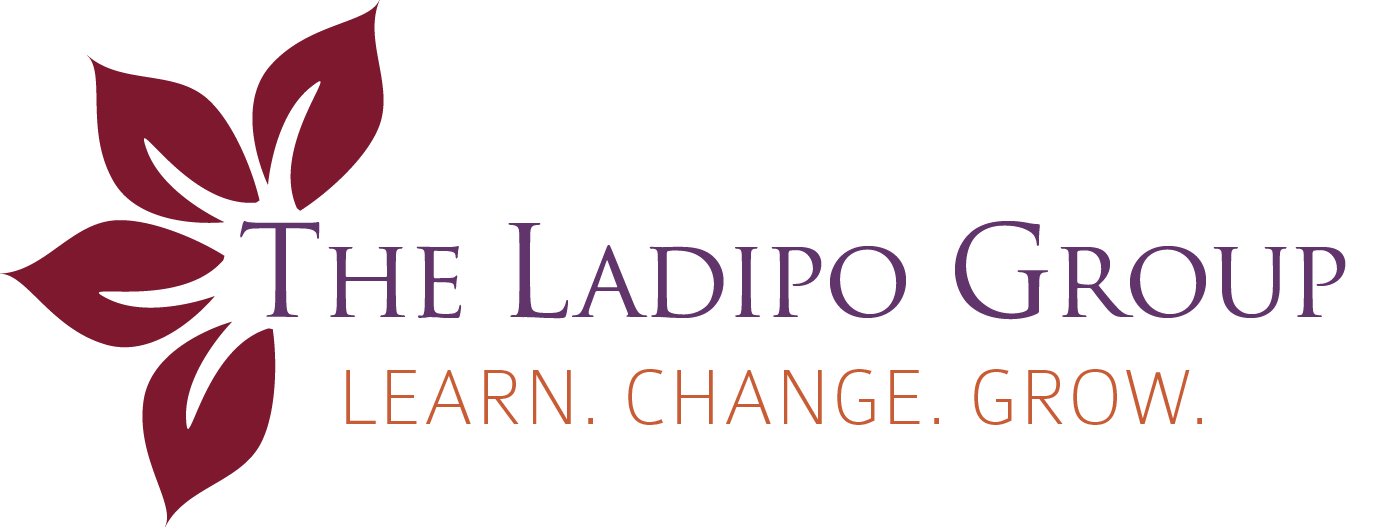“Movement therapy is a way that people can find the meaning to what’s happening in their bodies.” – Brittany Henderson
Movement therapy offers many benefits for individuals seeking healing and self-discovery. By engaging in movement, we can connect with our bodies on a deeper level and gain insight into our emotions and experiences. Here are some of the critical benefits of movement therapy:
- Cognitive Enhancement: Movement therapy improves cognitive function by stimulating the brain through physical activity. It can enhance memory, attention, and problem-solving skills.
- Physical Well-being: Engaging in movement improves physical health by increasing strength, flexibility, and coordination. It also promotes cardiovascular health and overall well-being.
- Emotional Expression: Movement therapy provides a safe space for individuals to express and explore their emotions. It allows for non-verbal communication and can help individuals connect with their feelings on a deeper level.
- Empathy and Connection: Through mirroring exercises and group interactions, movement therapy fosters empathy and connection between participants. It creates a sense of belonging and allows individuals to feel seen and understood.
- Body Awareness: Movement therapy helps individuals develop a greater awareness of their bodies and how they move. This increased body awareness can lead to improved self-esteem and a stronger sense of self.
Related: Black Wellness: How Movement Therapy Can Help You Process Grief
If you want to talk to a mental health professional about movement therapy, contact us at Theladipogroup.com/book-counseling.
The Ladipo Group was founded to increase access to Black therapists in Philadelphia and decrease the stigma of mental health treatment. With our Diversity, Equity, and Inclusion consulting, we collaborate with national and international organizations and institutions to create equitable spaces and opportunities for Black, Brown, and African Americans to thrive.











